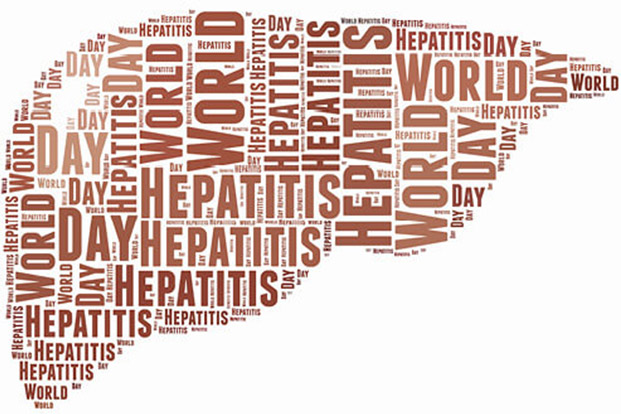Hepatitis & A Gastroenterologist - Prevention, Awareness and Precaution is the key!
Apr 19, 2022
Where does India stand when it comes to Hepatitis?
India stands in the intermediate zone in case of Hepatitis B, that is, 3-5% of population suffers from Hepatitis B. Prevalence studies of Hepatitis C show a prevalence of 1% in general population.
- Hepatitis E is the most common cause of jaundice epidemics. Hepatitis E in pregnant women is responsible for high mother and child death rates (as high as 20% in late pregnancy)
- Hepatitis A is responsible of jaundice in children.
- Hepatitis B and C are a major cause of chronic liver disease and liver cancer in India.
The disease burden in a major strain on individuals as health care expenses are borne by individuals. These are common cause of liver related deaths in India.
What is acute and chronic Hepatitis? Please tell about the ones that ails Delhites?
Hepatitis which lasts for more than 6 months is called chronic hepatitis. Hepatitis B and Hepatitis C are the most common cause of chronic hepatitis. All known epidemics of Hepatitis in Delhi over last decades have been Hepatitis E related.
Is the increase in Hep E cases linked to lifestyle habits? Please explain in detail?
Hepatitis E is related to poor water hygiene and sewage disposal. Epidemics during rainy seasons are associated with sewage contaminating the drinking water supply. One has to be careful about the water and food you drink to ensure that you are safe.
When it comes to Hep B and C, what are the most common reasons of its occurrence?
Hepatitis B transmission occurs by blood borne route -from mother to child during child birth, blood transfusion, sexual transmission, needle sharing by IV drug abusers, tattoos using unsterile needles. In India the most common cause is mother to child transmission as 3-5% mothers are chronic asymptomatic carriers of Hepatitis B. This is the single largest cause of transmission of Hepatitis B. Testing of mothers during mid pregnancy and new born child vaccination are effective ways of preventing this transmission.
People in which health conditions need to be careful and take precautions ?
Pregnant women carry the highest risk of death and child mortality if they develop jaundice due to Hepatitis E in late pregnancy. Hence they form a special group which need special care. Most important preventive measure is ‘safe drinking water’.
Do Hepatitis cases go up during a particular season? If yes then why?
Water borne Hepatitis – Hepatitis A and E occur in summer season especially during and after rains due to water contamination from sewage. Hepatitis B and C have no seasonal predilection.
What is the treatment for A,B,C,D and E?
Treatment of Hepatitis A and E are supportive – you treat the symptoms and manage any complications. There are no magic medications for A and E. Hepatitis B and C have good treatment therapies available now. Effective vaccination is available for Hepatitis A and B. Hepatitis E vaccines are under human trials and may soon be available.
What are the lifestyle habits that must be corrected?
Hepatitis is also caused due to lifestyle problems – alcohol, obesity, diabetes. This can be prevented with lifestyle modifications. Alcohol is fast emerging as the commonest cause of Hepatitis in India with more prevalent use of alcohol.

What kind of diet keeps the liver healthy? What to eat and what to avoid and why?
Liver is a robust organ.
- Healthy balanced diet with regular exercise of 30 min every day keeps it healthy. Alcohol abuse is the most common cause of lifestyle related liver disease.
- Fatty liver over years with ongoing inflammation leads to liver diseases – later on over 15 to 20 yr.
- With the ongoing diabetes epidemic, fatty liver is fast emerging as a common cause of liver aliments.
- Exercise and weight management are important keys to preventing liver disease.









